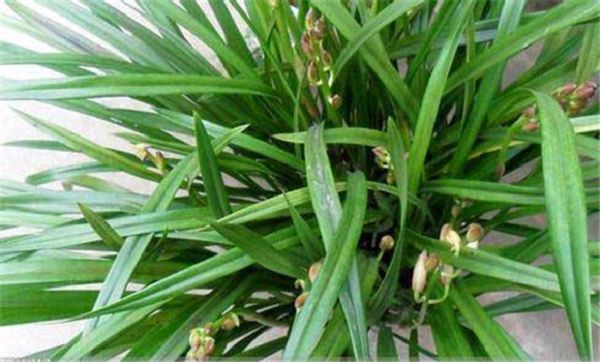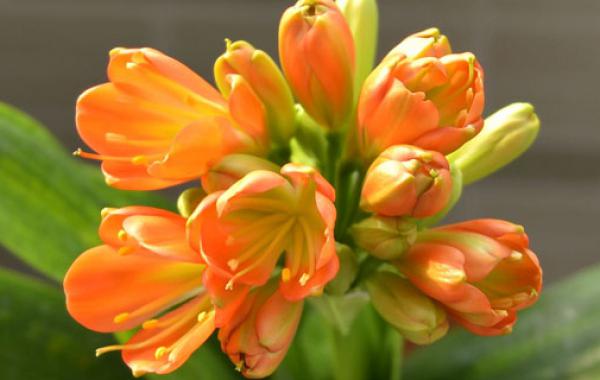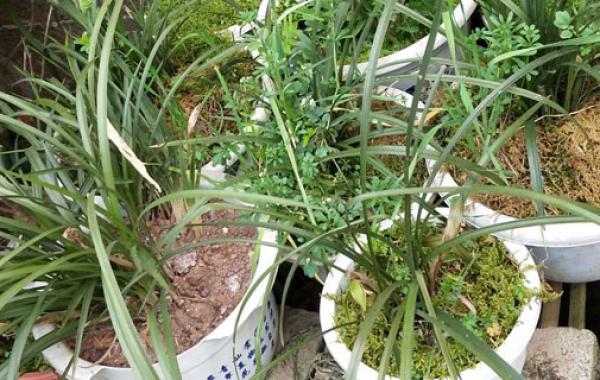Orchids fertilization method, orchids what fertilizer best

The cultivation of orchids is very fastidious, in which fertilization has a lot of knowledge, the following will share with you.
Generally speaking, orchids should not apply more fertilizer. If the leaves are yellow and thin, indicating lack of fertilizer, the leaf color is black and green means fat. During the peak growth period of orchids from June to July, when the leaf buds are 1 cm long, the above-mentioned thin fertilizer can be applied several times. In the hot summer season, there is usually no fertilization. Autumn cool can be applied twice in September, once in the evening, once in the next morning, 4-5 times a year in Chunlan and Jianlan, and once in June-September.
What is the best fertilizer for orchids?
The main results are as follows: (1) the bean cake or rapeseed cake was crushed and added soil, mixed in the proportion of 1:2, and used after being air-dried for 2 ~ 3 months.
(2) the chicken manure was mixed with twice as fine soil after sun-drying and fermentation for 3 months.
(3) soak 2 portions of bean cake and 3 portions of clear water for 1 year, then dilute it with its clarifying solution (5%). In addition, after some bird manure is mixed with appropriate chemical fertilizer and fully fermented, dilution is also a good fertilizer for orchids.
Orchid fertilization generally has the following characteristics:
1. Fertilizer application for orchids should be as little as possible. Orchid growth is relatively slow, so orchid fertilization as far as possible thinner, less, about ten days to apply fertilizer, using the method of thin fertilizer frequently.
2. Pay attention to the weather and temperature when applying fertilizer to orchids. Orchid fertilization is best in sunny weather, cloudy and rainy days do not fertilize, and orchid fertilization is best when the temperature is appropriate, high temperature and cold do not fertilize.
3. The fertilization of orchids depends on the leaves of orchids. The bright surface of the orchid leaves shows that the orchids are not short of fertilizer, and the dull orchid leaves mean that the orchids need to be fertilized.
4. Orchids can be fertilized properly when turning over the soil and changing pots. When the orchid turns the soil to fertilize, pay attention to the fertilizer not to touch the root of the orchid, so it is easy to burn out the root of the orchid.
Related
- Is the orchid suitable for indoor use? Is it good for the body?
- How to prevent the empty root of orchids?
- What to do after the crab claw orchid is withered?
- Why are the leaves of orchids always yellow? Fertilizing and watering.
- Can the root of the gentleman orchid be saved if it is rotten?
- Diagnosis and treatment of cotton-blowing beetle insects in Cymbidium
- There is a way for a gentleman's orchid to rot.
- What is the most suitable temperature and humidity for the orchid?
- How to raise a gentleman's orchid? Cultivation techniques of Cymbidium
- How to prepare the nutritive soil for the cultivation of Cymbidium



